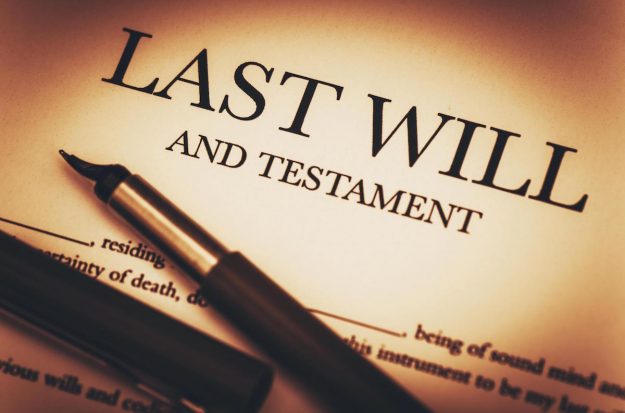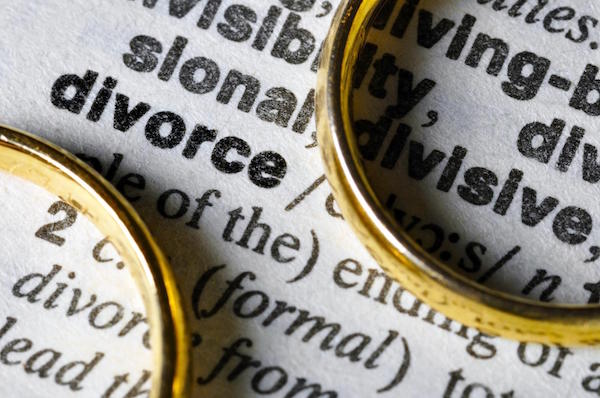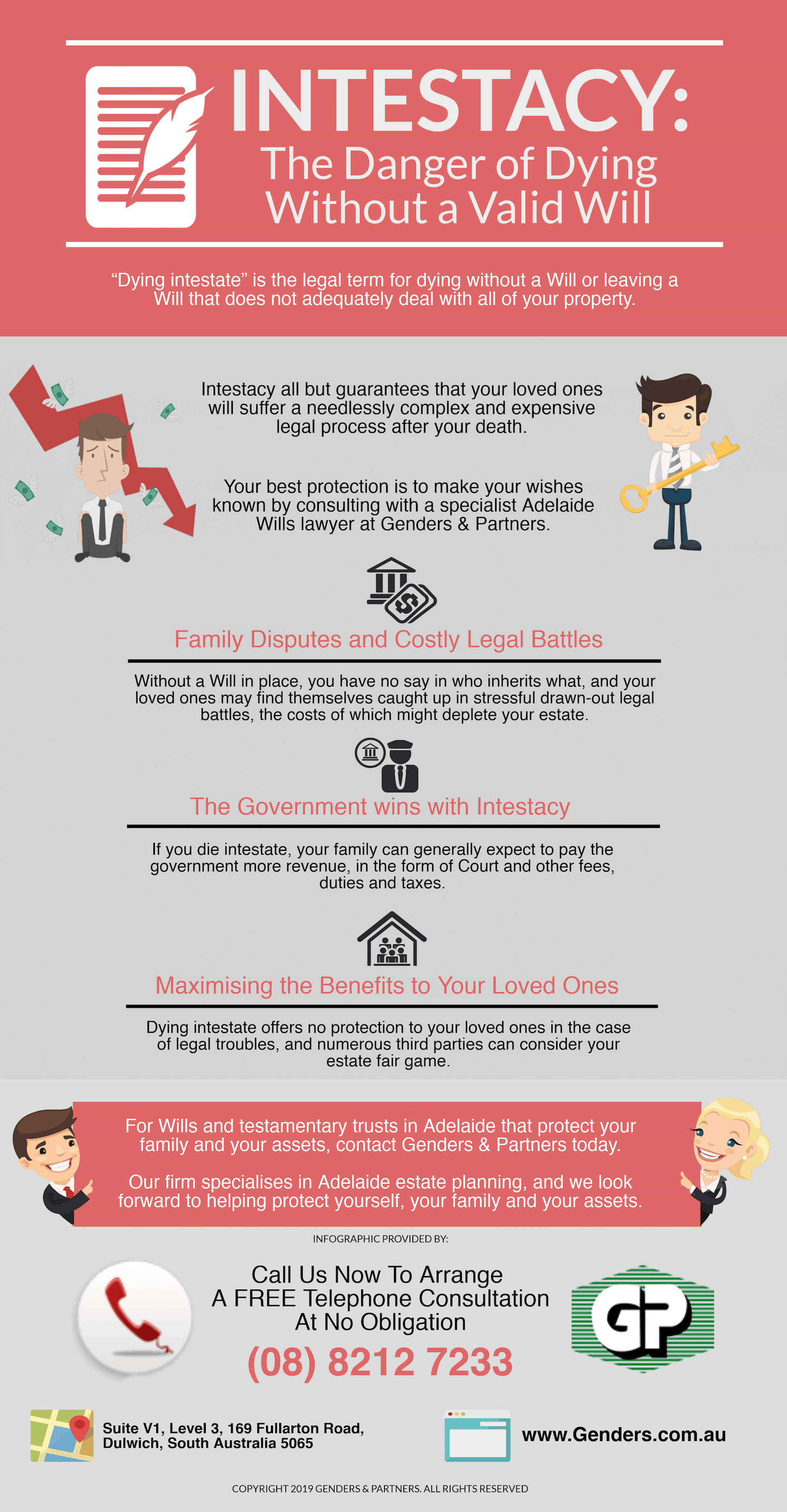When a person dies without a Will, this is known as dying “intestate”. This might happen because their death occurs before they even considered writing a Will. Some people feel that they don’t need a Will because they don’t have a substantial estate. A person might write a Will, only to have a Court declare it invalid after they die, which has the same legal effect as dying without a Will at all.
When a person dies without a Will, the law has to find a way to distribute that person’s property. In some parts of the world, the government will take most or all of the deceased’s estate, but in most western countries there is a strong preference in the law to keep property in the family of the deceased, generally leaving it to the closest living relatives.
The exact order of priorities among relatives differs from state to state in Australia, but the goals of intestacy law (keeping property in the family) are broadly the same, so the schemes in each State are usually quite similar.
Often the surviving spouse will receive the first “piece” of the deceased’s estate. The value of this piece varies over time. For example, in South Australia for many years the surviving spouse in an intestacy would receive the first $10,000 plus a percentage of the remaining estate. In February 2009, the law in South Australia was changed to increase this to $100,000 plus a percentage of the remaining estate.










